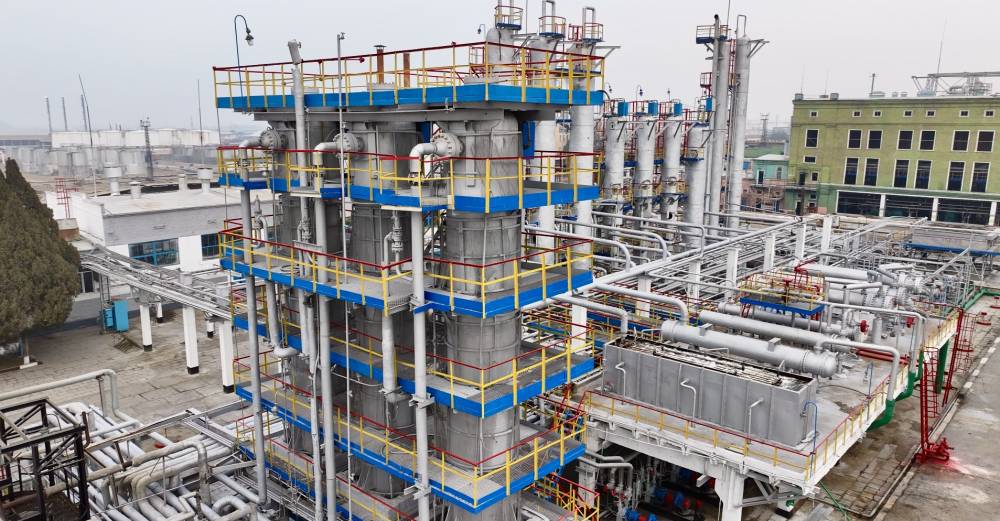Uzbekistan’s state-owned refiner Saneg has initiated the processing of Afghan crude oil at its Fergana refinery, with the first cargo transported by rail from the Hairatan terminal in Afghanistan. This move aims to address Afghanistan's energy shortages amidst supply disruptions from traditional sources such as Iran and Turkmenistan.

Afghanistan, under Taliban rule since 2021 and facing significant energy challenges, seeks to restart its local oil production to reduce dependence on imported fuel. The lack of refining capacity in Afghanistan has made cross-border energy cooperation with Uzbekistan a practical solution for its immediate needs.
Strategic energy partnership
Saneg’s Fergana refinery, which was constructed during the Soviet era, is designed to handle various types of crude, including those with high sulfur content. Afghan crude, primarily sourced from the Amou-Daria basin, has been underutilized due to limited refining infrastructure within Afghanistan.
By processing Afghan crude, Uzbekistan not only boosts its domestic diesel production but also offers Afghanistan a solution to its current energy crisis. This agreement represents one of the first cross-border collaborations involving Afghan crude oil, despite historically complex relations between the two countries.
Although Afghanistan's government remains unrecognized internationally, this energy cooperation highlights efforts to maintain regional economic ties.
Technical and geopolitical considerations
The processing of Afghan crude at the Fergana refinery presents several technical challenges, particularly due to its high sulfur content, which requires adjustments in refining processes. Economic sanctions on Afghanistan also create complications for the implementation and long-term sustainability of this agreement.
For Uzbekistan, refining Afghan crude provides an opportunity to diversify its energy portfolio and strengthen its export potential. Other regional players, including Russia and Kazakhstan, are exploring similar initiatives to expand their market share while supporting the Afghan economy indirectly.
This cooperation reflects the shifting geopolitical landscape in Central Asia, as countries seek to reposition themselves in response to Afghanistan’s international isolation.
Regional impact and future outlook
Saneg’s processing of Afghan crude is part of Uzbekistan’s broader strategy to maximize the use of its refining capacity and capitalize on new opportunities in the region. Exporting refined products back to Afghanistan could provide an additional revenue stream while supporting a neighbouring country in need.
However, the long-term benefits of this partnership may be affected by political uncertainties and the fragile nature of bilateral relations. Other companies, particularly those based in Russia, have also shown interest in similar agreements, suggesting that regional cooperation in the energy sector may expand further.
In addition to these developments, the State Commodity and Raw Materials Exchange of Turkmenistan recently registered 10 transactions, with business representatives from Turkey, Afghanistan, and Uzbekistan purchasing liquefied gas, diesel fuel, and jet fuel produced by the State Concern "Turkmennebit" for foreign currency. Other goods, including textile products, regenerated fibre, and liquorice roots, were sold to buyers from Turkey, Serbia, and Kazakhstan. The total value of these transactions exceeded $19.8mn.
These developments could contribute to stabilizing energy supplies in Central Asia while offering pragmatic solutions to Afghanistan's ongoing challenges.
Follow Daryo's official Instagram and Twitter pages to keep current on world news.
Comments (0)